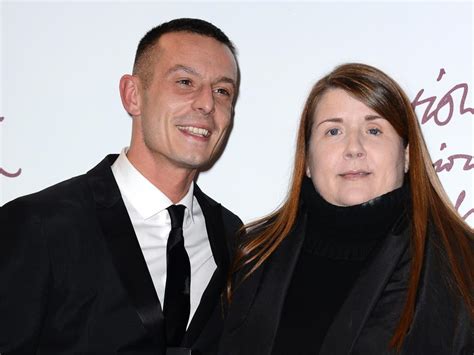A Quote by Leo Tolstoy
And not only the pride of intellect, but the stupidity of intellect. And, above all, the dishonesty, yes, the dishonesty of intellect. Yes, indeed, the dishonesty and trickery of intellect.
Related Quotes
We don't always possess faith in the sense of having a clear embodiment of something to hang on to. The relationship between the intellect and faith is a very curious one. Sometimes the intellect can point us to faith, sometimes the intellect can stand in the way of faith. Sometimes, as St John of the Cross points out, we have to darken or blind the intellect in order to have faith.
You are therefore able to run on this path, on which God is found above all vision, hearing, taste, touch, smell, speech, sense, rationality, and intellect. It is found as none of these, but rather above everything as God of gods and King of all kings. Indeed, the King of the world of the intellect is the King of kings and Lord of lords in the universe.
It is all, as usual, paradox. I have to use what intellect I have in order to write books, but I write the kind of books I do in order that I may try to set down glimpses of things that are on the other side of the intellect. We do not go around and discard the intellect, but we must go through and beyond it.



































